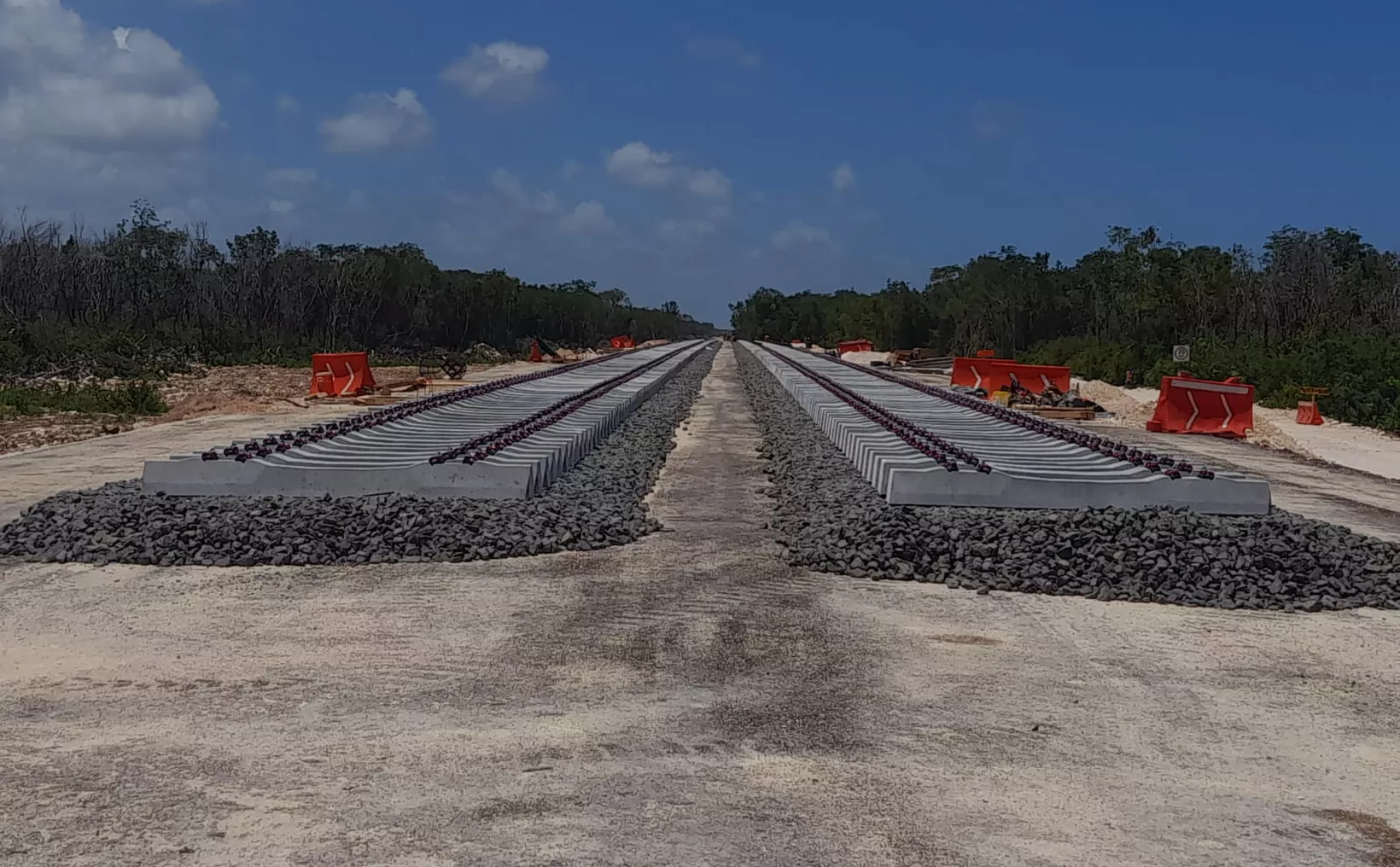Playa del Carmen, Mexico — Environmental activists have stated that injunction lawsuits against the Maya Train project that have not yet reached a verdict are poised to be lost to the Federal Government following the enactment of a reform to the Amparo Law, which limits the recognition of indirect environmental impacts.
This was announced by Irma Morales, a lawyer for the civil association Defendiendo el Derecho a un Medio Ambiente Sano (DMAS). She maintained that the effect of retroactivity in the third transitory article of the reform will apply to lawsuits that were initiated under the old law, which would further complicate the recognition of legitimate interest, meaning indirect impacts in environmental matters, as in the lawsuits filed against the Maya Train.
“Because now legitimate interest is defined in the law under a limited concept regarding the harm that a public work or project can cause you. This limitation does affect collective rights since such rights do not affect individuals, but rather vulnerable groups, collectives, because environmental services are interconnected, as in the case of the lawsuits against the Maya Train,” explained the specialist.
These lawsuits against the federal project have not yet been decided by rulings and continue their course against the environmental damages caused to caves and water-bearing cenotes, primarily in Playa del Carmen and Tulum, where the route of the Maya Train's Section 5 South runs. This comes three years after the lawsuits were initiated in judicial instances in Mérida, Yucatán.
The reform to the Amparo Law entered into force this past Friday, following its publication on Thursday in the Diario Oficial de la Federación. The recent modification caused controversy because it included a transitory article that has effects on lawsuits initiated before the modification, which caused discontent among collectives and lawyers, as it has created a constitutional contradiction.
“Amparo lawsuits will be filed against this reform, and I do consider it likely that it will reach the current Supreme Court due to the contradictions that will arise in the federal courts,” added the DMAS lawyer.
Discover more from Riviera Maya News & Events
Subscribe to get the latest posts sent to your email.
